Switzerland's 'Disappointing' Contribution to an Emissions-Free Planet
If all countries had a climate policy like Switzerland's, global temperatures could rise by 4°C by the end of the century.

Send us a link
If all countries had a climate policy like Switzerland's, global temperatures could rise by 4°C by the end of the century.

Diplomats and scientists often live in different worlds and don't have open access to each other's community.
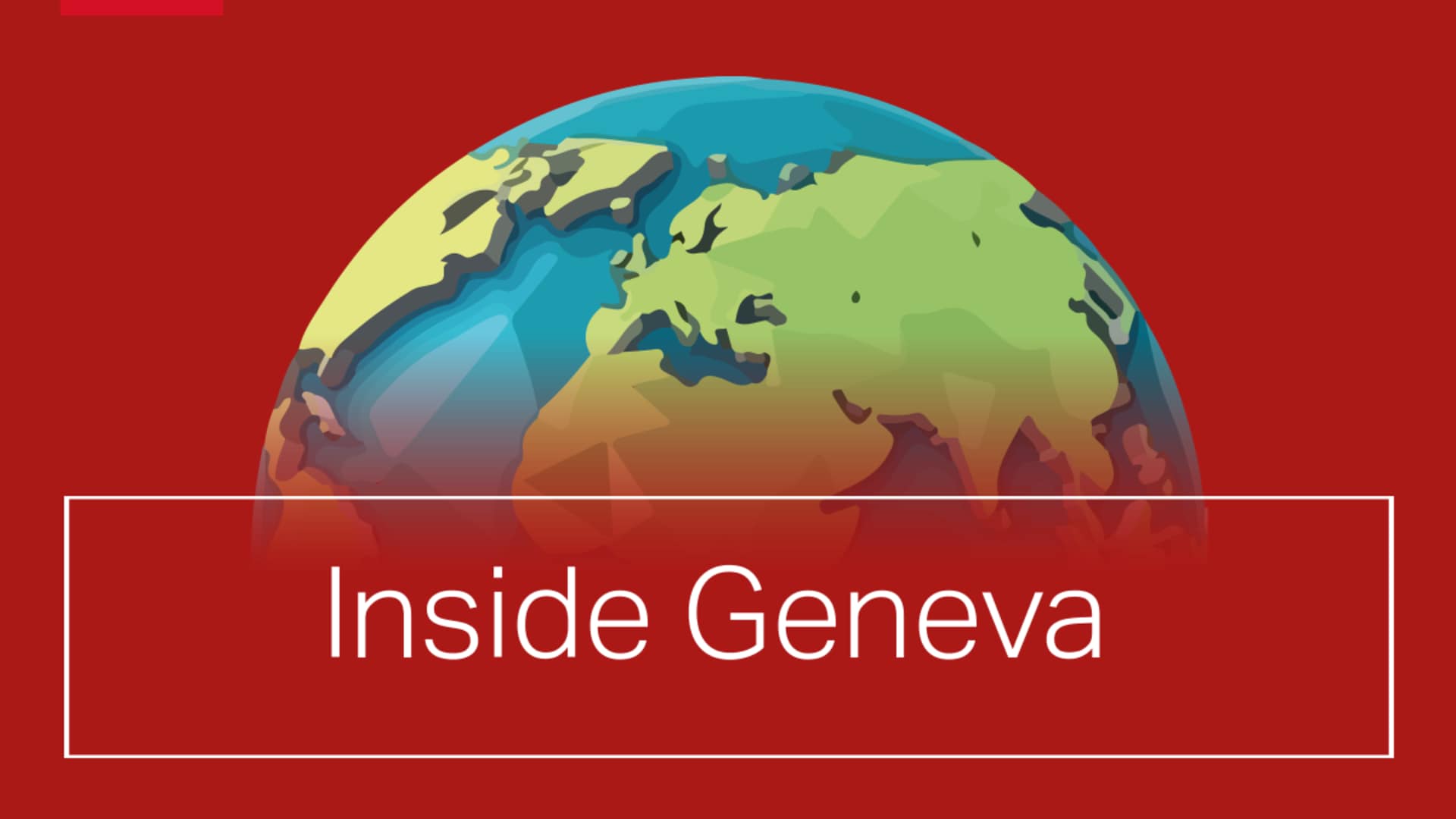
Switzerland's ETH Domain call on the government to regain access to EU's Horizon Europe research collaborations.

This week's newsletter highlights some of the summer stories that we'll be covering in the weeks ahead.
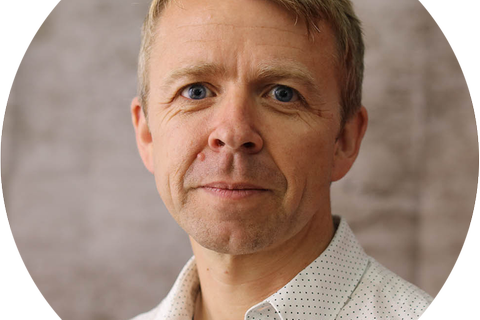
Switzerland has been excluded for now from the EU's key Horizon Europe research programme. This is a big blow for Switzerland's research landscape.

Switzerland has been locked out of the EU's flagship Horizon Europe research and innovation programme until further notice.

Although women now make up a narrow majority of students, few make it to the academic upper echelons in Switzerland. Change is coming about... slowly.

Although women now make up a narrow majority of students, few make it to the academic upper echelons in Switzerland. Change is coming about... slowly.

The Swiss National Science Foundation (SNSF) announced on Wednesday that it is allocating several million Swiss francs to research on coronaviruses.

Farmers could increase their revenues by increasing biodiversity on their land according to interdisciplinary research in Switzerland and Germany.
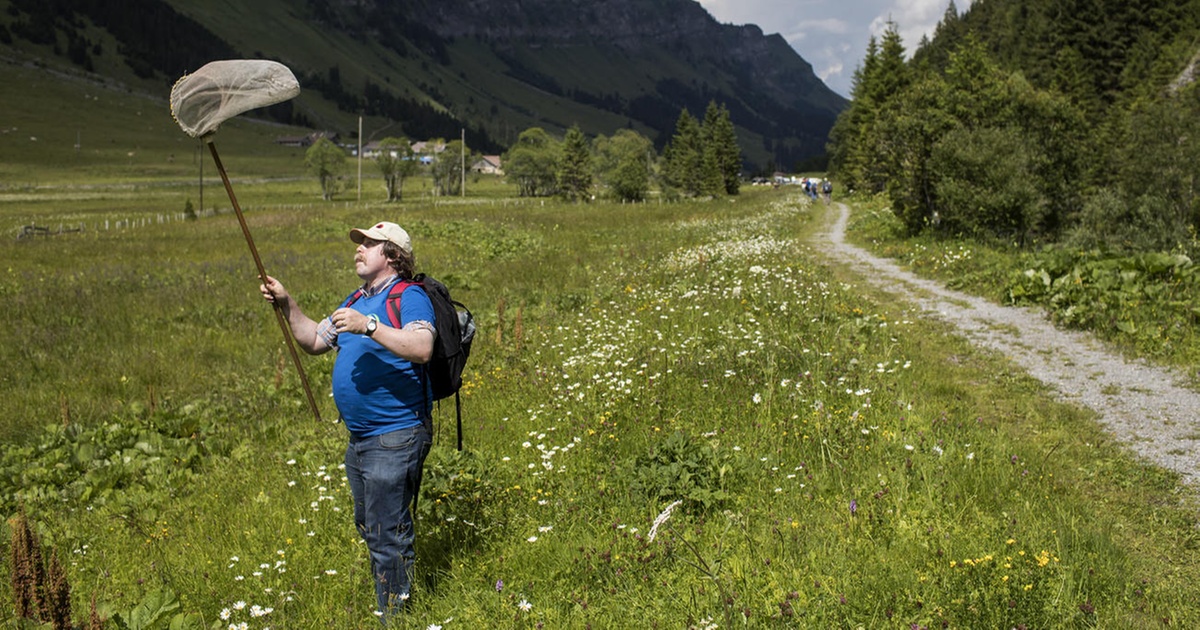
Green parties have made major gains at the expense of parties across the political spectrum in elections to the Swiss parliament, where environmental concerns dominated campaigns in the run-up to Sunday's vote.
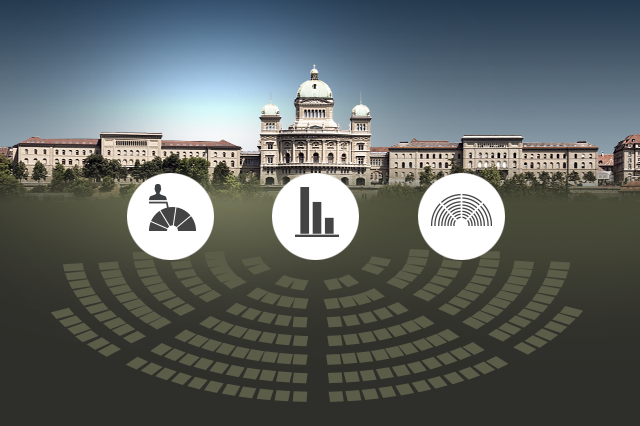
Young people are going on a climate strike and researchers are supporting their cause. Reto Knutti discusses the issues.
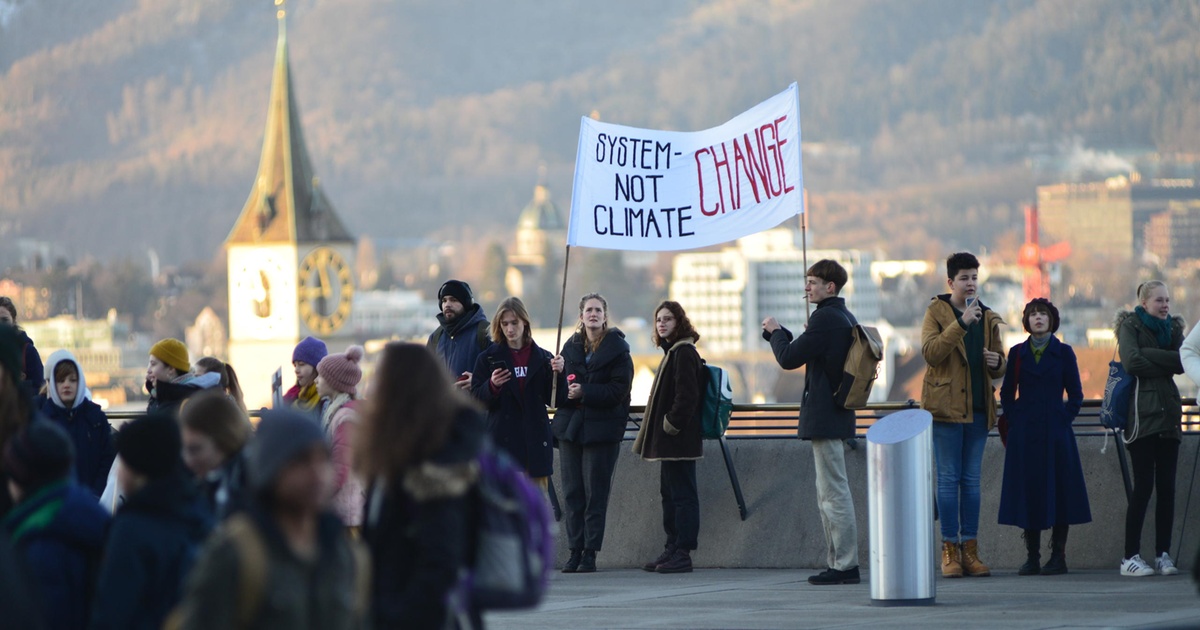
Thanks largely to the strong performance of ETH Zurich, the Swiss university system has entered the top three globally in the latest QS rankings.
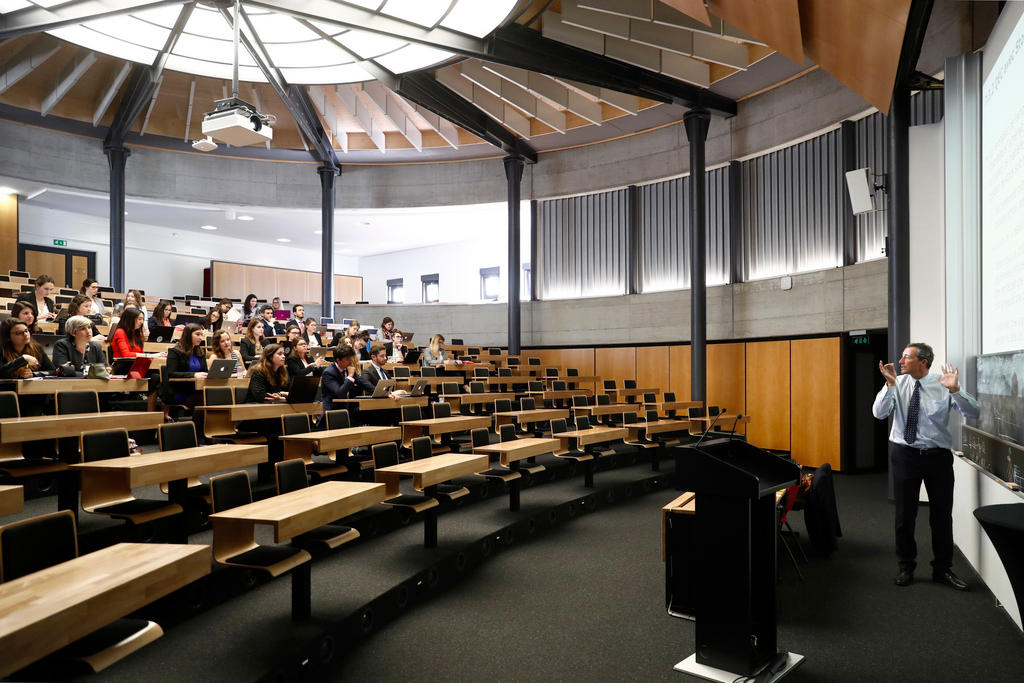
Swiss universities fear losing out on the European Union's "Horizon Europe" science research funding pot.
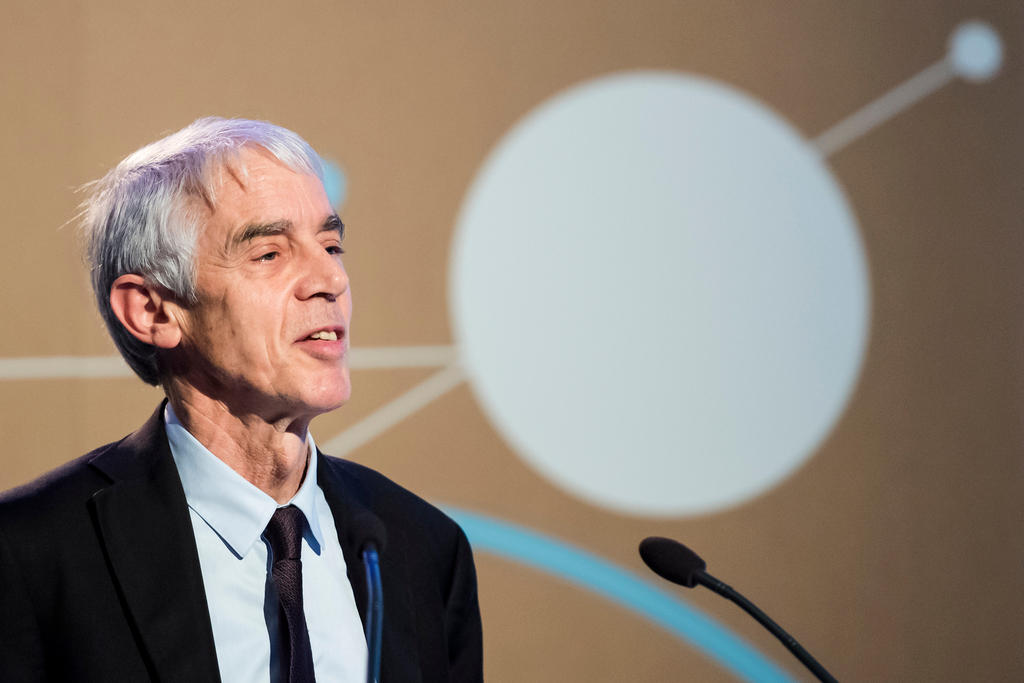
After almost two years, Switzerland’s first dedicated science crowdfunding platform has seen nearly 80% of projects meet their targets. But for its organisers and participants, success isn’t just measured in Swiss francs.
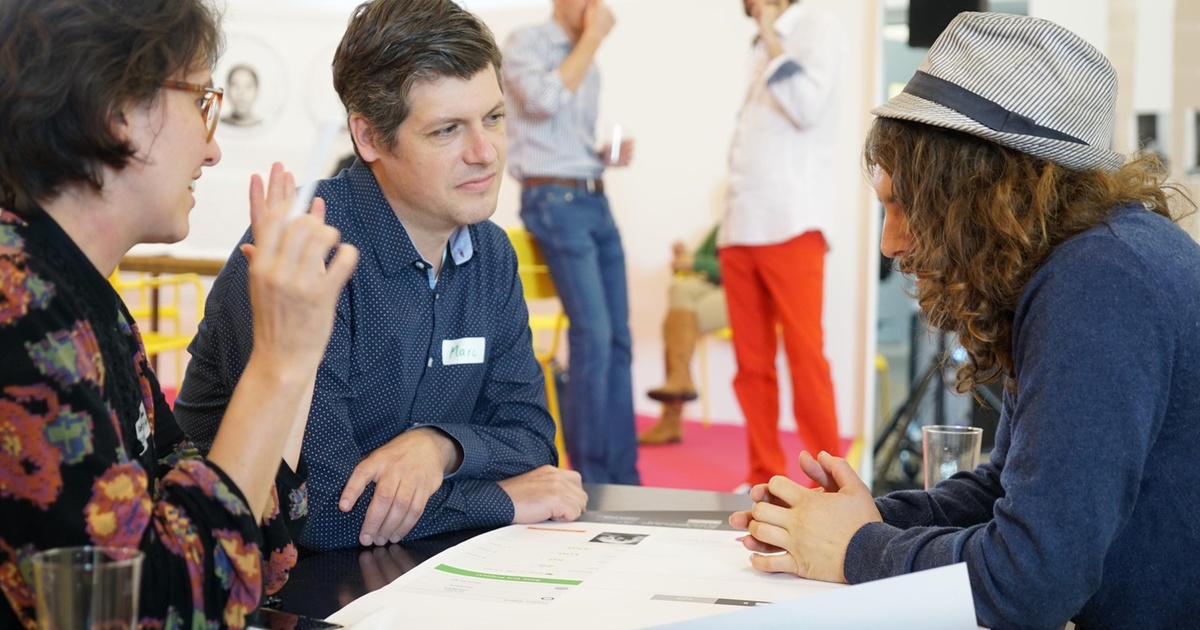
A meta-analysis combining the most popular university rankings to find out which ones are best, and showing which university offers the best value for the money. Spoiler: Switzerland, for once, is a good deal.
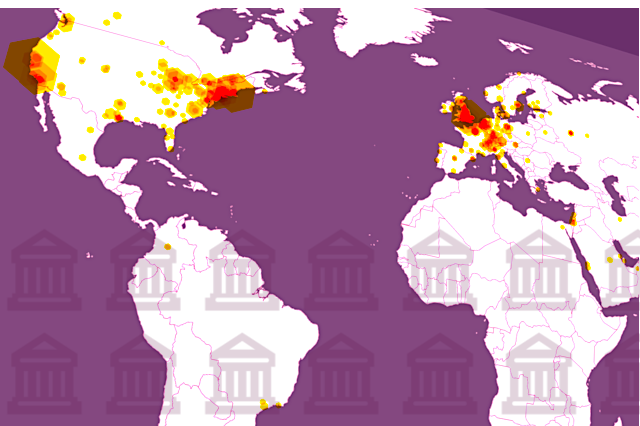
The Marcel Benoist Prize – the “Swiss Nobel Prize” for science – is to get a new look ahead of its centenary.
Some of the colleagues of a professor couple facing bullying allegations at the ETH Zurich have written an open letter of support.
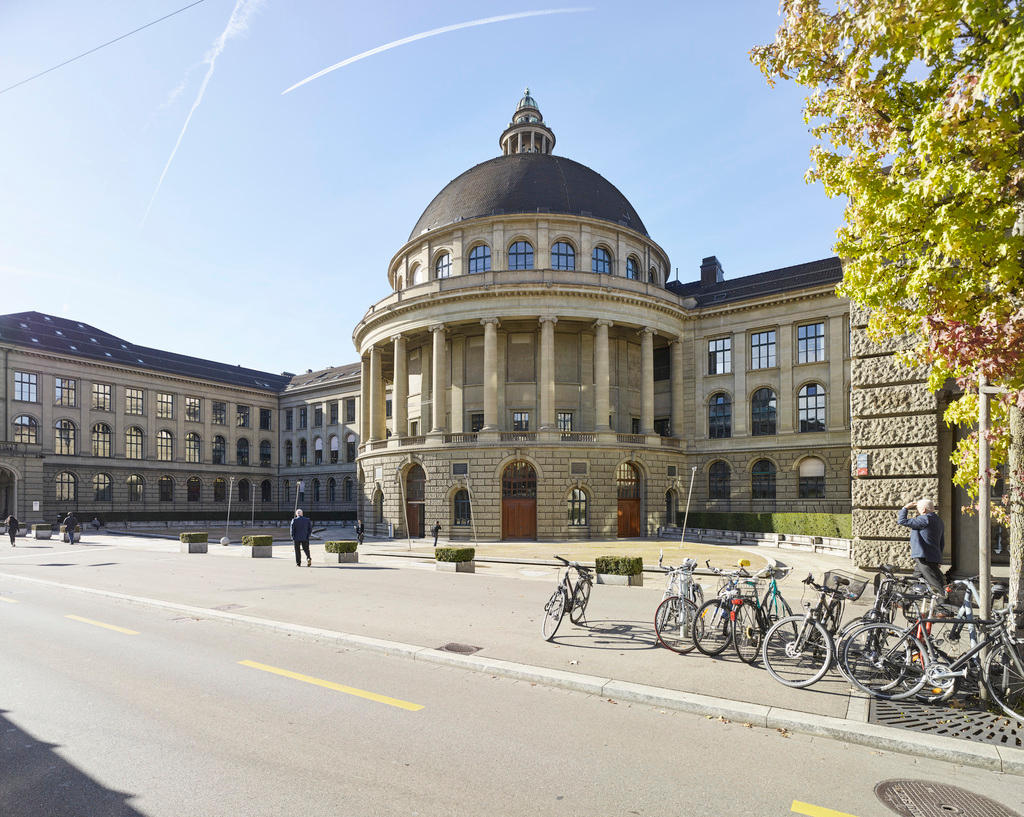
ADC Therapeutics, a Swiss start-up that specialises in cutting-edge cancer drugs, has raised almost CHF200 million ($200 million) in private funds.

More than half of those doing a doctorate in Switzerland come from abroad, according to the latest OECD education indicators.

When you think of innovation, you also may think of patents and profits. But two Swiss researchers argue that we should be focusing more on people and places.
Thanks to crowdfunding, Swiss university students can build an airplane and solve an energy problem. But is this the best way to finance good science?
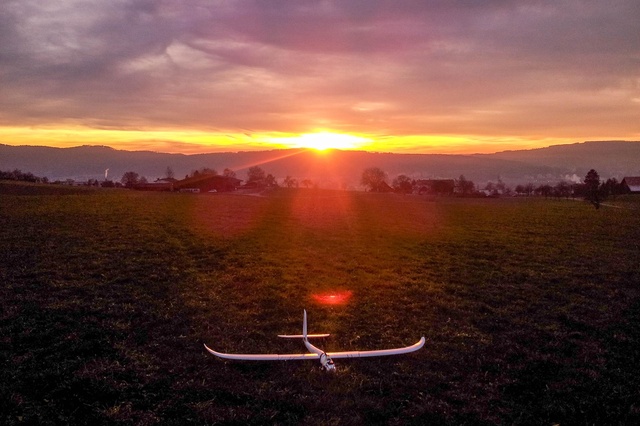
When you open politics to the public, you get direct democracy. But what happens when you open science to the public?
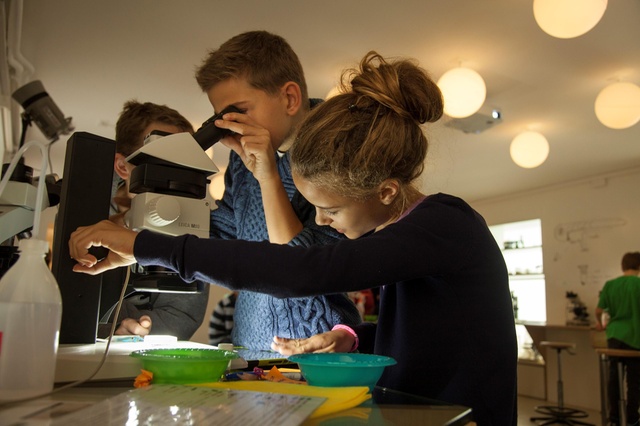
Switzerland has come in second in the annual competitiveness ranking published by the IMD World Competitiveness Center in Lausanne.

According to the SNSF, 40% of scientific publications produced with the support of public funding are openly accessible, which makes Switzerland “progressive” compared with other countries.

What could a Brexit mean for the United Kingdom’s higher education, research and student mobility? Switzerland offers some clues. ...

For 16th century zoologists, it was like Google's arrival. Rather than punch a keyboard, they could thumb over Conrad Gessner’s sensational work.

Computer scientist Torsten Hoefler is the winner of this year’s Latsis Prize.
Federal spending on research and development has fallen by 7% largely due to a freeze in research collaborations with the EU following the February 2014 vote to limit EU immigration.
